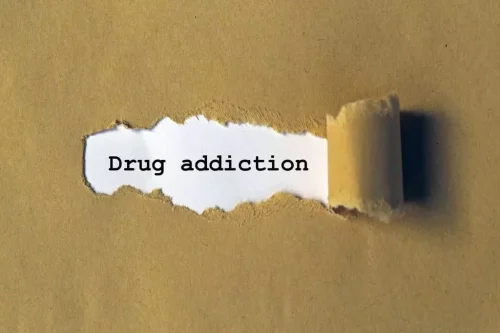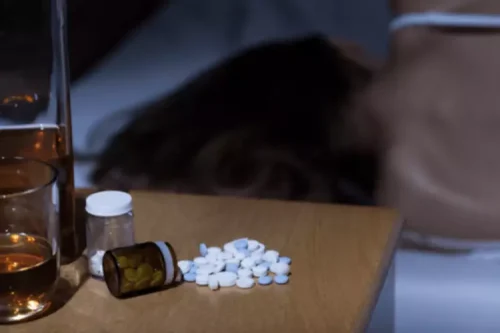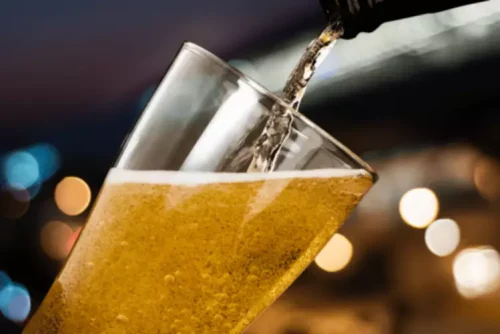
Even if it doesn’t present as a full-fledged hangover, alcohol-related sleep loss negatively affects mood and performance. The liver acts as a filtering system for the body, helping metabolize food and chemicals (including alcohol itself), and pulling toxins from does alcohol help you sleep the bloodstream. Like nearly all of the body’s organs, the liver functions according to circadian rhythms. Alcohol interferes with these circadian rhythms regulating the liver, and can contribute to compromised liver function, liver toxicity, and disease.
- Moreover, 30 percent of people with persistent insomnia in the general population have reported using alcohol to help them sleep in the past year, and 67 percent of those people have reported that alcohol was effective in inducing sleep (Ancoli-Israel and Roth 2000).
- Drinking levels were defined as per the NIAAA guidelines [20], so that weekly consumption was calculated based on monthly consumption, as in previous studies of the same cohort [19, 21].
- The homeostatic drive is responsible for keeping our body balanced, and it’s one of the major mechanisms that regulates the sleep-wake cycle.
- It has been well established that not getting enough good quality sleep increases the risk of disease.
- Once alcohol is eliminated from the body, however, these adjustments result in sleep disruption.
Alcohol’s Effects on Sleep Physiology
Specifically, alcohol consumption in the insomniacs increased their SWS to the levels of the age-matched control subjects. Some individuals ‘self-medicate’ their sleep problems with alcohol [9], even though the negative effects of a single pre-bedtime dose of alcohol on sleep are well known. Previous research suggests that alcohol, through its sedative effect, may initially shorten sleep onset latency at all dosages, but disrupt the quality of sleep in the second half of the night. High doses of alcohol appear to significantly suppress rapid eye movement (REM) sleep in the first half of the night, and the total amount of REM sleep tends to be decreased at moderate and high doses. Multiple studies suggest that the onset of the first REM sleep stage is considerably delayed at all doses.

Medicine information
Therefore, we conducted this study to examine the effects of alcohol consumption on sleep quality and to provide recommendations for improving sleep quality. It is recommended that alcohol not be consumed in the last four hours before bedtime. Even though alcohol may help you fall asleep, it interferes with the quality of your sleep.
- Alcohol’s effects on other physiological functions during sleep have yet to be documented thoroughly and unequivocally.
- Importantly, within-pair analyses suggested that the cross-sectional associations between heavy drinking and poor sleep quality were not fully explained by genetic and environmental influences shared by the co-twins.
- Sleep onset occurs when there are increased homeostatic (sleep-promoting) and decreased circadian (wake-promoting) drives (Borbely, 1982).
- These studies found that particularly at higher alcohol doses, increased wake periods or light stage 1 sleep periods occurred during the second half of the sleep period (Williams et al. 1983; Roehrs et al. 1991).
Health Categories to Explore

There are few other longitudinal population based studies with which to compare our findings. Among 1,920 community dwelling men and women, those with persistent alcohol dependence had higher odds of insomnia that those without alcohol dependence over a fifteen year follow-up20. Whilst we did not measure alcohol dependence, we did find such an association between hazardous drinking and disturbed sleep in our data. Proceed with caution when drinking before bedtime, as alcohol may be affecting your sleep more than you realize. This may be especially true if you drink alcohol to help you fall asleep faster, and then experience disrupted sleep later in the night without realizing it. Since even small amounts of alcohol can affect your sleep, the overwhelming consensus in the medical community is that alcohol is not an appropriate sleep aid.
She also served as the inaugural chair of the Clinical and Consumer Sleep Technology Committee and is the current chair of the AASM Public Awareness Advisory Committee. Sunnyside uses a psychology-based approach to help you drink more mindfully, no matter what your goal is. You’ll get a 100% custom plan, then use daily texts to track your progress and help you stay on target. Your daily habits and environment can significantly impact the quality of your sleep.

However, the researchers proposed that perhaps these effects on the circadian rhythm are only seen after several consecutive days of alcohol consumption. In support of the alcohol-melatonin connection, researchers have noticed that individuals suffering from severe alcohol withdrawal tend to have less pronounced melatonin levels and release. Many of us have indulged in a glass of wine to help send us off to bed, and more than 1 in 10 people uses alcohol to beat stress-related insomnia and sleep better at night. On the contrary, as alcohol passes through the body, it exerts a number of biochemical effects that tend to lead to poorer sleep. Understanding the effects of alcohol on sleep is the first step toward preventing alcohol-related sleep problems. Reducing your alcohol intake, especially in the hours leading up to your bedtime, can help you wake up well-rested and energized in the morning.
The homeostatic drive prompts sleep by boosting levels of adenosine when we’ve been awake for too long. If you’re at a party, you could try opting for a soft drink or glass of water between alcoholic drinks, which will help keep you hydrated and mean you drink less alcohol over the night. It helps to know how many units are in a drink – 14 units is the same as six pints of average-strength beer or ten small glasses of lower-strength wine. During active wakefulness (i.e., when the person is awake and pursuing normal activities), the EEG is characterized by high frequencies (i.e., 16 to 25 Hz) and low voltage (i.e., 10 to 30 microvolts).
- Nosex differences in the effects of alcohol on sleep were seen in the group of olderadolescents studied by Chan et al. (Chan et al.2013).
- Studies have shown the body is more effective at processing alcohol at certain times of the day than others.
- It is common for individuals with AUD to develop poor sleep hygiene with an irregular sleep schedule, napping during the day and greater wakefulness at night.
